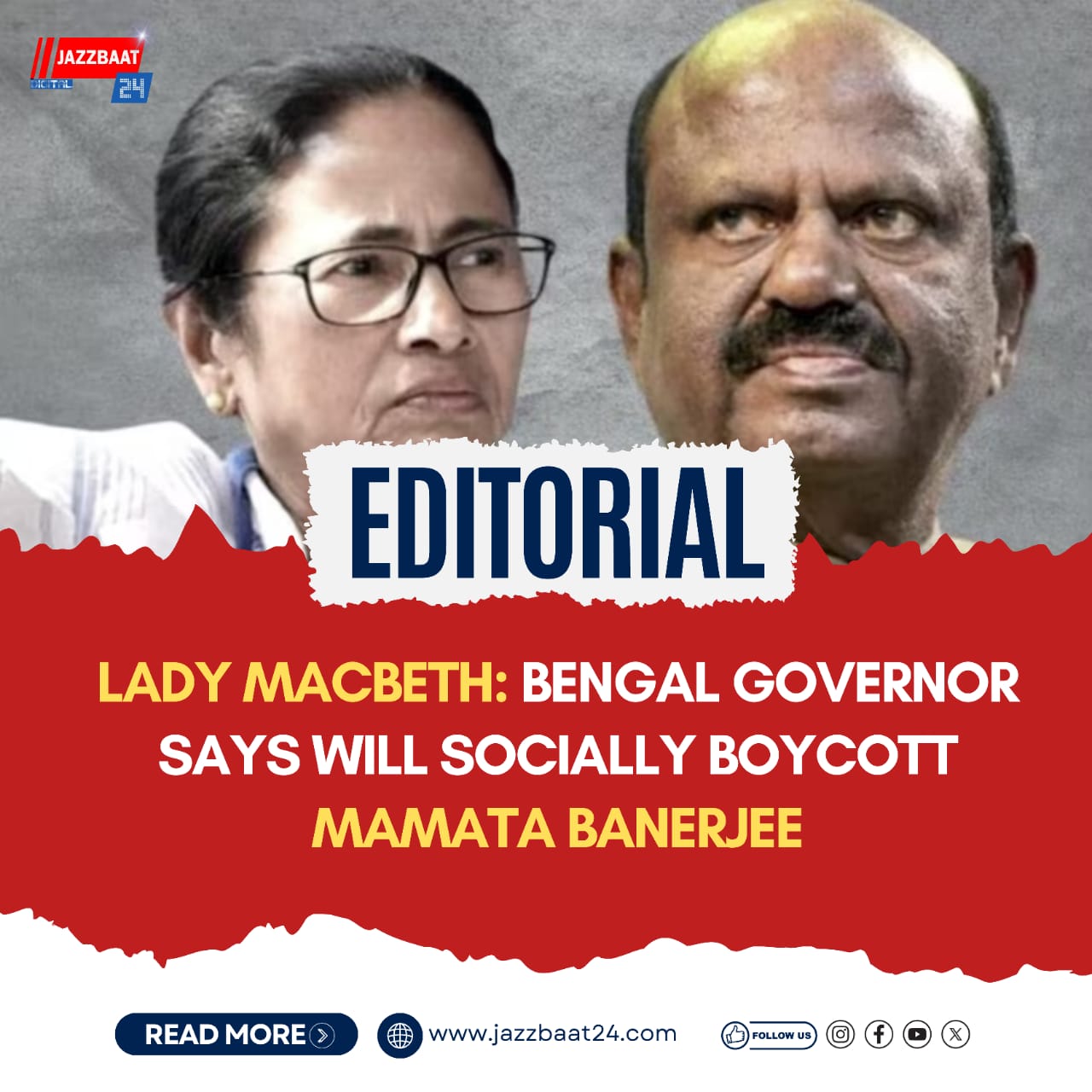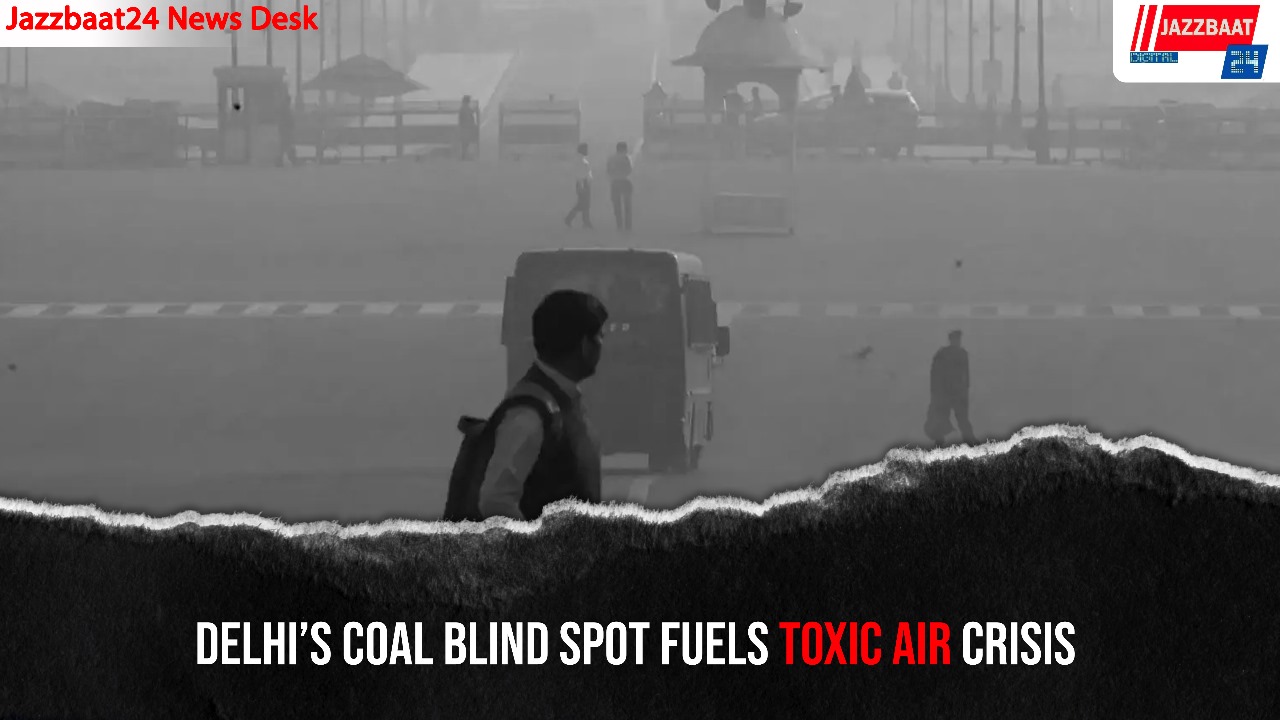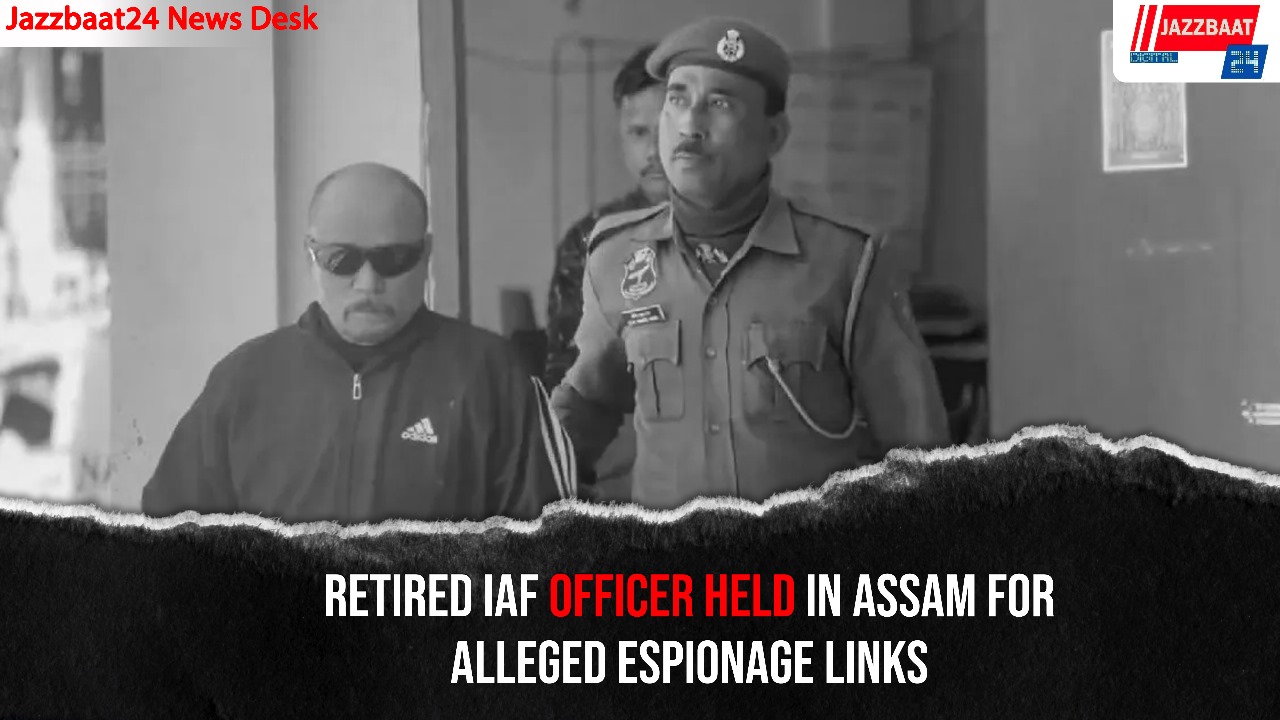Bengal's Own Lady Macbeth: Governor's Call to Shun Mamata Banerjee
The recent statement by the Governor of West Bengal, pledging to "socially boycott" Mamata Banerjee, marks an alarming new chapter in the state's political theatre. Comparing the Chief Minister to Lady Macbeth, a character infamous for her manipulation and lust for power, adds a chilling Shakespearean twist to the situation. But is such rhetoric helpful or harmful in an already divided Bengal?
Mamata Banerjee, a political powerhouse, has been a controversial figure, but a call for social ostracism from the state's constitutional head steps beyond the boundaries of political decency. The Governor’s statement was not just symbolic; it underscored the deeply fractured relationship between the Raj Bhavan and Nabanna, the seat of the Bengal government. Is this a healthy development for democracy, or is it a dangerous game of ego and power?
This comparison to Lady Macbeth feels like a calculated attempt to paint Banerjee as a villain in Bengal's political tragedy. However, much like the Shakespearean character, Banerjee has not only endured but thrived amid political scheming and opposition. The Governor's call for a boycott seems like an overreach of his role, stirring up more controversy than resolution.
The underlying question here is: does the Governor's statement promote governance or chaos? Democracy thrives on dialogue and accountability, not on theatrical gestures or extreme rhetoric. Boycotting an elected leader, especially one with Mamata’s political clout, only deepens the political divide. Bengal is no stranger to intense political rivalry, but these kinds of public attacks do little to bridge the gap.
In the grand scheme of Bengal politics, comparing Mamata Banerjee to Lady Macbeth is both dramatic and inflammatory. Yet, much like in Shakespeare’s works, the audience must wonder: who truly holds the power, and who will be left standing at the end of this act?





